
Hisham Ibrahim: The Internet Is Not What You Think It Is
• 2 min read
What is “the Internet”? And why is it not just our access to a search engine or our favourite social media platform? In this episode, Hisham Ibrahim, RIPE NCC’s Chief Community Officer, breaks down the layers of the Internet ecosystem, explains what a stable and resilient Internet means, and clarif…




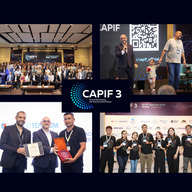
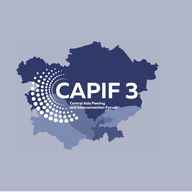
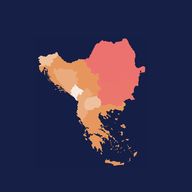

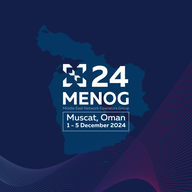
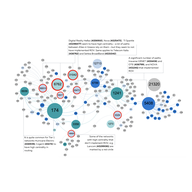
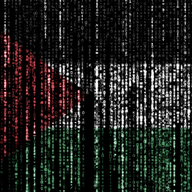
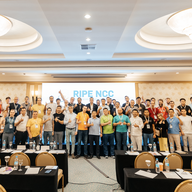

“Thank you for the report. But, in the year 2025, figures from 2022 should not be used anymore. The Cloudflare data (page 17, figure 8) are outdated. Instead using the old data from https://radar.cloudflare.com/reports/ipv6 it would have been nice to see the current data provided here: https://radar.cloudflare.com/adoption-and-usage France 46.3% Germany 41.0% Belgium 36.2% Saudi Arabia 39.6% Greece 35.1%”
Thank you for pointing that out, Thomas. You're quite right - we shall look into adjusting the data!
“It was really helpful; thanks for sharing this information. While Iran and Turkey were mentioned in the Routing Incidents statistics, it would have been even better to see insights and data on these countries in other areas, such as ROA, ROV, and IPv6 adoption. Considering that Iran and Turkey are significant parts of the Middle East, including these details would provide a more comprehensive view of the region’s Internet landscape...”
Hi Milad, thank you for the comment. As we had already focused on Iran as part of our earlier analysis ahead of CAPIF 3 (you'll find the link in the 'related articles' section above), this time we decided to focus our attention on the Arabic-speaking countries of the region. We apologise for not making this clearer in the article. The good news is that we'll be producing more of these reports and we'll definitely take your feedback into consideration!
“In the diagram, why are the IPv6-related options rendered in orange, suggesting danger, while the IPv4-related options are all rendered in green, despite their generally higher cost and/or longer lead times?”
Hi Simon - thanks for the comment. The choice of colours wasn't intended to indicate a difference in the properties of the options listed. The colours were picked because they were a clear contrasting pair from our branding palette. We take your point though and we'll take this feedback on board for future reports.
Showing 3 comment(s)